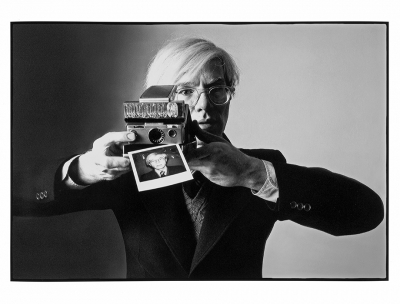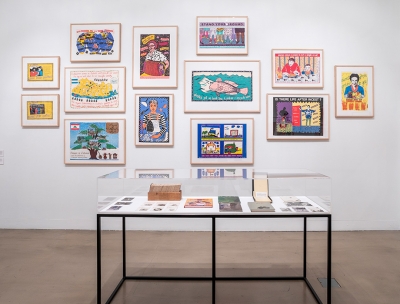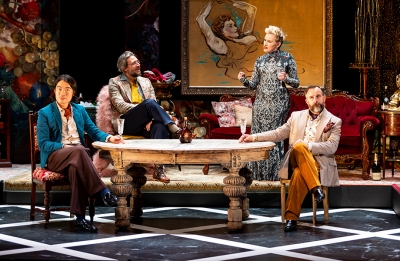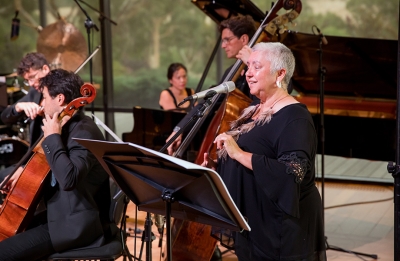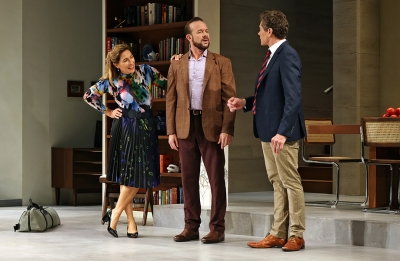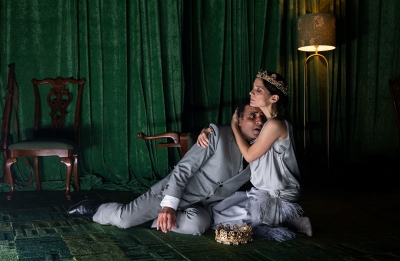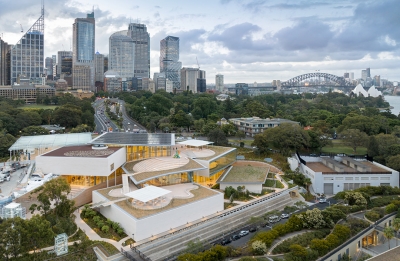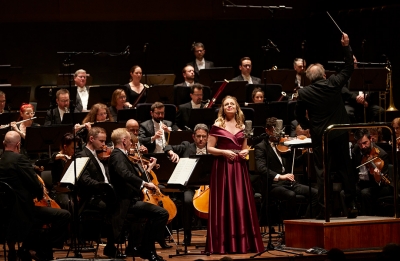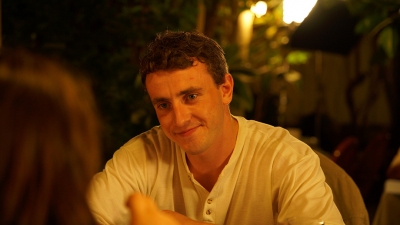Arts
Film | Theatre | Art | Opera | Music | Television | Festivals
Welcome to ABR Arts, home to some of Australia's best arts journalism. We review film, theatre, opera, music, television, art exhibitions – and more. To read ABR Arts articles in full, subscribe to ABR or take out an ABR Arts subscription. Both packages give full access to our arts reviews the moment they are published online and to our extensive arts archive.
Meanwhile, the ABR Arts e-newsletter, published every second Tuesday, will keep you up-to-date as to our recent arts reviews.
Recent reviews
Andy Warhol and Photography: A Social Media
Radical Utopia: An archeology of a creative city, curated by Harriet Edquist and Helen Stuckey, is a maximalist experience. Even the title itself is a little unwieldy.
... (read more)Not much appears to happen in Aftersun, the first feature film of young Scottish director Charlotte Wells – unless you count the snooker games, scuba diving, mud baths, and other holiday activities. But don’t be fooled. Like the water polo players in one of the many watery scenes, all the grunt work takes place below the surface. All you have to do, as spectator, is sit back and look for the clues.
... (read more)

